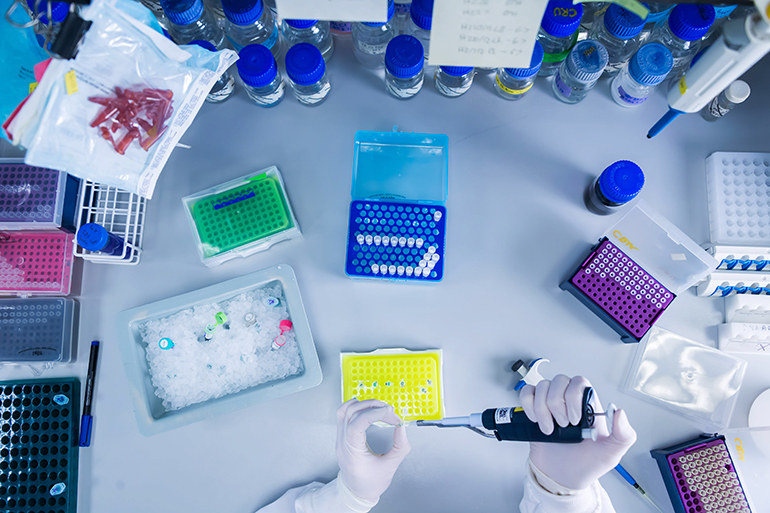The University of California’s five cancer centers are joining forces to tackle some of the toughest challenges of a disease that kills 60,000 Californians a year and costs $14 billion in medical care and lost workplace productivity.
The centers, which collectively care for about 1 in 6 of the state’s 176,000 new cancer cases each year, plan to share expertise, data and resources to improve cancer care, UC officials announced Monday. The new consortium includes UC Davis, San Francisco, Los Angeles, Irvine and San Diego.
“Until now we haven’t thought of these centers as a collective,” said University of California President Janet Napolitano, who recently underwent treatment for cancer. “In the current economic and political climate, there is no time like the present to bring this expertise and stature together to drive advances in research for patients.”
Officials hope the new cancer consortium in California, a state with a large and diverse population, will become a model for others across the United States. The academic centers will work together on several areas of cancer diagnosis and treatment, including development and expansion of clinical trials, and precision medicine, which tailors treatments to specific patients.
“We know that cancer is not one disease,” said consortium chairman Alan Ashworth, who is president of UCSF’s Helen Diller Family Comprehensive Cancer Center. “Each cancer is in a sense genetically unique. It’s imperative to share data. The power of scale means we can now aggregate the experience of different cancer centers.”
Working together, the centers hope to make progress on less common forms of the disease such as pancreatic cancer, which affects a relatively small number of Californians but is highly lethal, Ashworth said.
Another goal of the consortium, which includes more than 2,000 UC faculty members, is to provide patients better access to clinical trials and accelerate the development of new drug treatments.
Researchers and clinicians will also take aim at preventable cancers by targeting smoking and other cancer-causing behaviors. And they plan to work with state legislators on policies that could reduce the number of cancer cases statewide and address issues of access, cost and quality.
The effort will be funded initially by contributions from the individual university cancer centers, but UC leaders plan to identify additional funding sources. The consortium will also strive to generate cost-savings through preventive measures and more efficient and higher quality care.
The five centers are already cooperating on breast and blood cancers. The collaboration on blood cancers, which started two years ago, brings together physicians from the five UC health centers to conduct research and treat patients. It also facilitates the enrollment of patients in clinical trials.
Because of the efforts already underway, the consortium is not starting from scratch, even if there are some kinks still to be worked out, said Scott Lippman, director of Moores Cancer Center at UC San Diego.
“Cancer is undergoing such a transformation it’s unbelievable,” Lippman said. “I see this as really being exciting for all of us, but most importantly for the patients.”
This story was produced by Kaiser Health News, an editorially independent program of the Kaiser Family Foundation.


